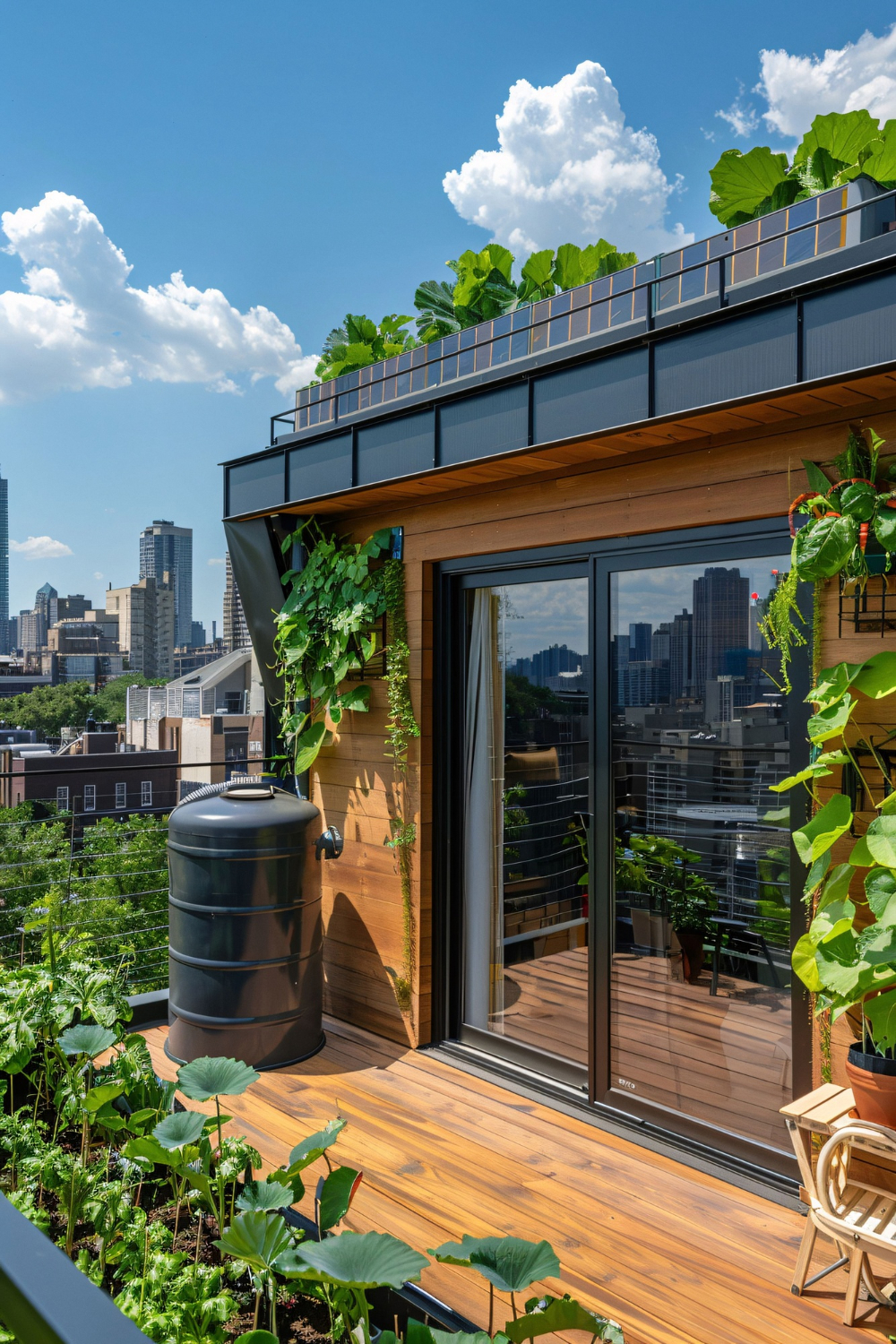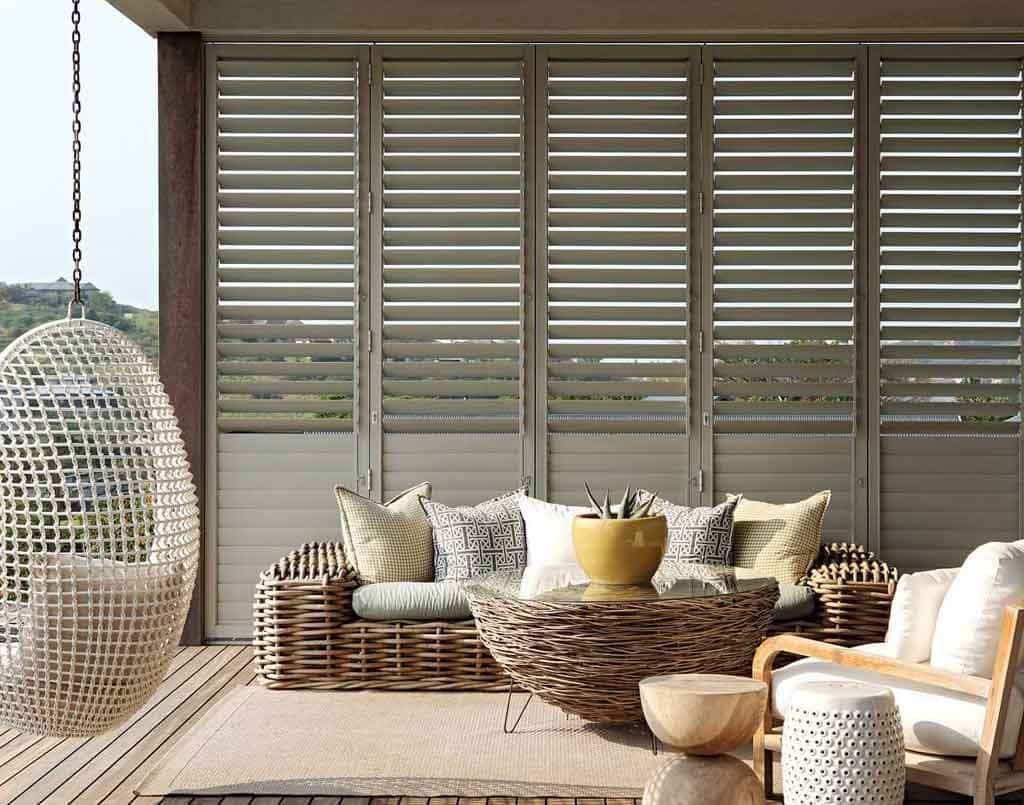The Ultimate Guide to Eco-Friendly Home Renovations

In today’s world, where environmental degradation concerns are at the forefront of our collective consciousness, eco-friendly home renovations have become increasingly sought after. Homeowners recognise the importance of lowering their carbon footprint whilst crafting beautiful, sustainable living quarters. This comprehensive primer will escort you through the essential facets of eco-renovations, supplying valuable insights and practical recommendations to transform your domicile into an environmentally aware sanctuary.
The Benefits of Going Green
Before delving into the specifics, it’s pivotal to comprehend the advantages of eco-renovations. Not only do these improvements contribute to a healthier planet, but they also offer tangible advantages for residents. Energy-efficient upgrades can dramatically reduce utility bills, whilst sustainable materials often prove more durable, necessitating less upkeep. Moreover, an eco-abode can augment property value, attracting environmentally mindful buyers in the future.
Energy-Efficient Windows and Insulation: The Foundation of a Green Home
One of the most impactful eco-renovations involves upgrading your home’s windows and insulation. Windows with two or three panes of glass with low-emissivity coatings can remarkably decrease heat loss, keeping your home warm in winter and cool in summer. Pair this with suitable insulation in walls, floors, and roofs to generate a thermal barrier that minimises energy waste. Consider natural insulating materials like sheep’s wool or recycled denim for an even greener approach.
Harnessing renewable energy sources for your home renovation project can significantly reduce reliance on fossil fuels. Solar panels are a wise choice, providing clean electricity and potentially allowing excess energy sales back to the grid. Small wind turbines or underground heat pumps offer different renewable alternatives for some locations. These technologies not only slash your carbon footprint but can lead to considerable long-term savings on energy bills.
Conserving water is pivotal for eco-friendly living. Install low-flow fixtures throughout, reducing consumption without compromising functionality. A greywater arrangement could recycle water from sinks and showers for toilets or garden watering. Catching rainfall in storage systems can be integrated into renovation plans, collecting non-potable rainwater for indoor and outdoor uses.
When selecting materials, sustainability and environmental impact are prioritised above all else. Reclaimed wood, bamboo or cork flooring are better options than traditional hardwoods. Choose low-VOC paints and finishes to boost indoor air quality. For counters, investigate recycled glass or sustainably resourced stone choices. By mindfully deciding on materials, an aesthetically pleasing home can be aligned with environmental values.
Smart Home Technology: Boosting Efficiency with Your Fingertips
Integrating smart home tech can significantly boost a renovation’s eco-friendliness. Smart thermostats observe patterns and optimise heating and cooling schedules, reducing wasted energy. Automated lighting employing motion sensors ensures lights are on solely as required. Clever power strips can eliminate phantom energy drawn from electronics on standby. These innovations render a domicile more efficient and provide benefits and comfort.
Green Spaces: Bringing the Outside Within
Including green spaces in a renovation can improve air quality while cultivating a bond with nature. A living wall or vertical garden merits thought for naturally cleansing indoor air. Green roofs offer not only insulation but also assist with stormwater management. If space allows, cultivate an indoor garden or greenhouse to grow herbs and vegetables, lessening reliance on purchased produce.
The Importance of Expert Guidance
While do-it-yourself projects can be rewarding, eco-renovations frequently benefit from professional know-how. Seek advice from green building specialists or LEED-certified professionals to ensure plans maximise efficiency and sustainability. These experts can provide valuable insight into regulations, accessible eco-technologies, and potential incentives or tax breaks for green home enhancements.
By embracing eco-friendly renovations, one isn’t simply improving living space; contributing to a sustainable future. From energy-efficient upgrades to sustainable materials and clever technologies, innumerable ways exist to render a renovation project environmentally conscientious. Remember, minor changes cumulatively make a significant impact on our planet. Begin your eco-friendly renovation journey today and savour the benefits of a greener, more sustainable home for years ahead.

